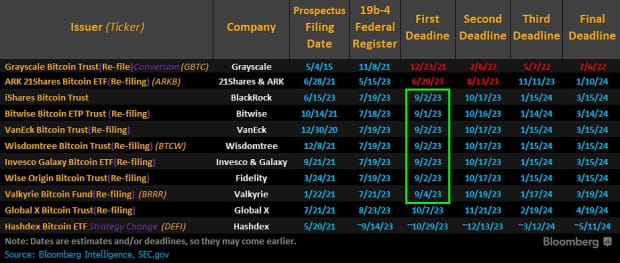Researchers at Pennsylvania State College just lately analyzed whether or not attitudes and emotionality surrounding cryptocurrency might assist predict returns. What they discovered might stand in stark distinction to associated monetary markets.
In keeping with the workforce’s analysis paper, social media performs an outsized position in adoption and exercise charges, whereas cryptocurrency journalism isn’t an amazing predictor of market motion:
“Our findings point out that social media sentiment considerably predicts crypto returns, whereas sentiment from information media doesn’t.”
The researchers used pure language processing to research tens of millions of monetary information articles and social media feedback and generated sentiment scores alongside 53 matters and a focus metrics for over 300 cryptocurrencies.
They then in contrast the bottom fact returns over a given time period to the coinciding information and social media sentiment.

Maybe most attention-grabbing amongst their findings is their conclusion that whereas social media sentiment is an effective predictor of crypto returns, the danger premium channel isn’t.
The danger premium channel is a form of lens by which shoppers make funding choices. It’s instantly associated to market and asset volatility.
Associated: Elon Musk accuses Mark Zuckerberg of dishonest: Twitter vs. Threads
Cryptocurrency is usually mentioned as a extremely risky asset. In typical markets, such volatility often results in a better threat premium and decrease adoption and exercise.
Taking the housing market for example, analysis exhibits that as market volatility will increase, client sentiment decreases and would-be purchasers are inclined to turn into risk-averse.
The Penn State workforce’s analysis signifies that this isn’t the case with cryptocurrency. In its conclusion, the workforce writes that market exuberance is positively associated to momentum however that it “doesn’t positively predict volatility.”
“This means,” the paper continues, “that sentiment influences returns by value notion and demand shocks reasonably than the danger premium channel.”
The researchers finally conclude that this can be because of the giant variety of client traders with giant cryptocurrency portfolios energetic on crypto social. In addition they counsel that additional analysis on the connection between social media sentiment and crypto returns is merited.









![Methods to Purchase DeFi Pulse Index on CoinStats [The Ultimate Guide 2022]](https://bitrrency.com/wp-content/uploads/2022/05/DeFi_Pulse_og-100x70.png)

